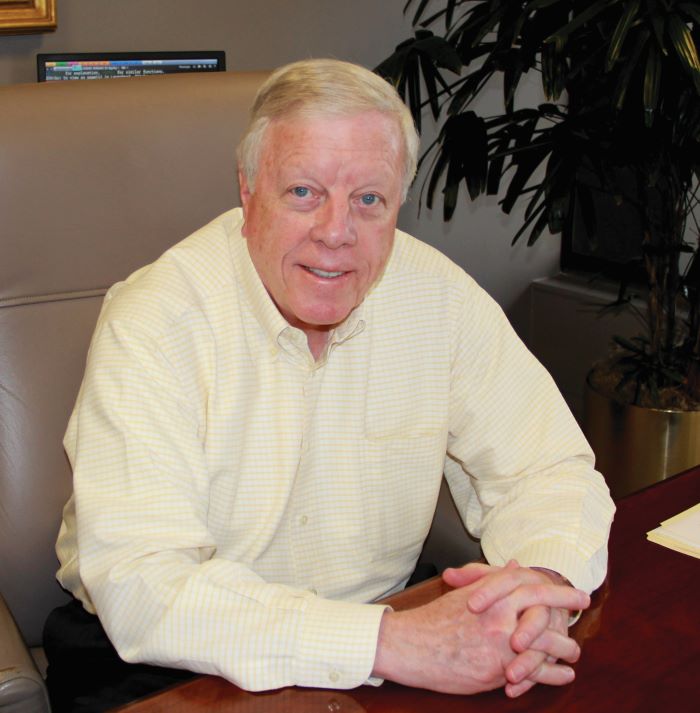Rich Kinder
Editor's note: This profile is part of Hart Energy's 50th anniversary Hall of Fame series honoring industry pioneers of the past 50 years and the Agents of Change (ACEs) who are leading the energy sector into the future.

Richard Kinder presides over one of the greatest success stories of the midstream industry at Kinder Morgan, which he founded more than 25 years ago with former partner Bill Morgan. Today, he is executive chairman.
Raising the firm from the ashes of Enron Corp., where he was passed over for the top job before leaving the firm that eventually collapsed in an epic corporate fraud bankruptcy, Kinder went on to establish the first of a small group of “midstream majors.” Kinder Morgan is perhaps the antithesis of all things Enron—the assets are tangible, the leadership is drama-free and the balance sheet is clean.
“The dirtiest word in the lexicon of leadership is hubris—the idea that if you’ve been relatively successful at something, you won’t make mistakes and you don’t have to relearn lessons,” he told Hart Energy during an exclusive interview in June 2014. “I think leadership is all about never getting cocky, never feeling you have all the answers and asking for input from all your people. But somebody has to be the leader. Somebody has to drive the bus.”
Kinder is the largest shareholder in the mega-midstream company, but as CEO, he collected a $1 annual salary for his work there.
“I thought way back then that management should be aligned with the shareholders,” he said.
Long before becoming one of the richest men in the world—the Bloomberg Billionaire’s Index lists him at No. 238 with personal wealth valued at $8.72 billion—he was one of more than half a million U.S. troops deployed in Vietnam.
After earning a juris doctorate degree in 1968, he was drafted into the U.S. Army. The law degree qualified him to be a Judge Advocate General (JAG) officer and, in December 1969, he was deployed to a base outside of Saigon, according to the West Point Center for Oral History. According to the West Point record, Kinder was responsible for a region between Da Nang and the Mekong Delta, which he traveled via helicopter.
A year later, Kinder had been transferred stateside to complete his four-year commitment at Fort Leavenworth, Kan. His post-military career included a stint in private practice before joining Florida Gas Transmission, which became Enron.

“There’s no limit to what can be accomplished if you don’t care who gets the credit,” Kinder told Hart Energy. “I think what you want to try to do is, while staying on top of your business, you also want to give the people who work with you as much authority as possible. And when they succeed, give them the credit. I guess you would call it ‘management by walking around.’”
Kinder’s influence in Houston is difficult to miss. There is the Kinder Institute for Urban Research at Rice University; the Kinder High School for the Performing and Visual Arts; and The Nancy and Rich Kinder Building, which Architectural Record described as a “luminous” structure of almost 240,000 square feet at the Museum of Fine Arts Houston.
The Kinder Foundation is primarily focused on the greater Houston area, where it has contributed millions of dollars to build urban green spaces, benefit education and improve local quality of life. Among its few out-of-town contributions is the $25 million endowment in 2015 at Kinder’s alma mater, the University of Missouri, which established the Kinder Institute on Democracy.
—Deon Daugherty, Editor-in-Chief
